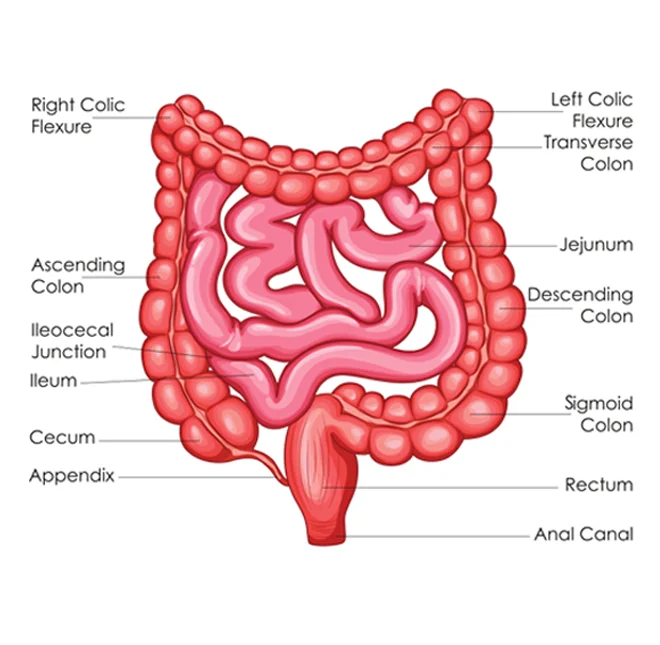
In the event you need additional expertise or specialty care that we do not offer, such as liver transplantation, we also maintain an extensive network of trusted external referral partners that meet Digestive We work very closely with our Liver Transplant colleagues at Baylor College of Medicine and the Methodist Hospital. We also work closely with cancer specialists at MD Anderson Cancer Center in Houston.
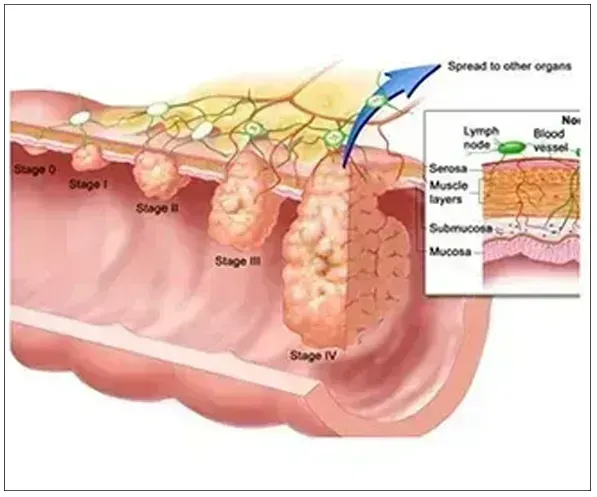
Colorectal cancer is a type of cancer that begins in the colon (large intestine) or the rectum, which are parts of the digestive system. It often starts as small, noncancerous growths called polyps that form on the inner lining of the colon or rectum. Over time, some polyps may turn into cancer.
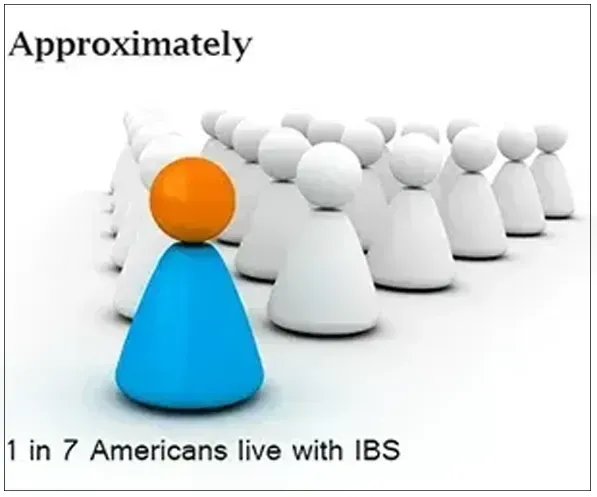
Irritable bowel syndrome (IBS) is a disorder that interferes with the normal functions of the large intestine (colon).
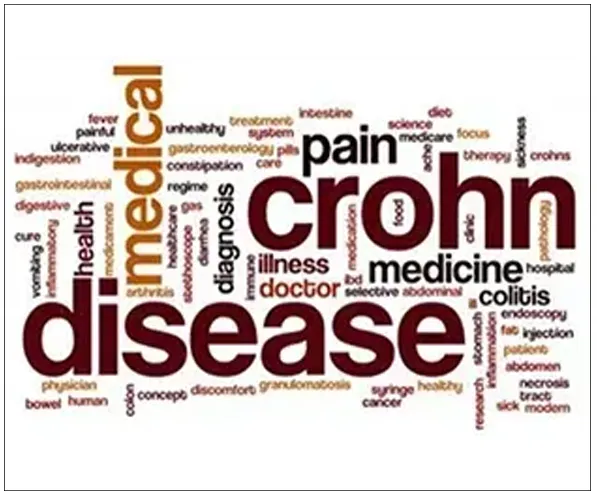
Crohn's disease causes inflammation in the small intestine. Crohn's disease usually occurs in the lower part of the small intestine, called the ileum, but it can affect any part of the digestive tract, from the mouth to the anus. The inflammation extends deep into the lining of the affected organ.
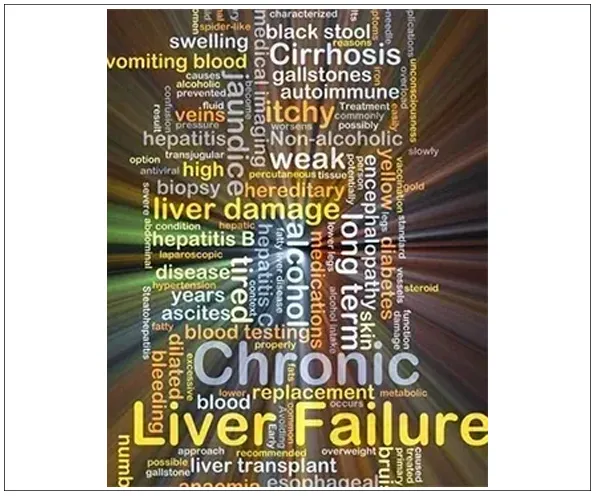
The liver is your largest internal organ. About the size of a football, it's located mainly in the upper right portion of your abdomen, beneath the diaphragm and above your stomach, but a small portion extends into the upper left quadrant. Parasites and viruses can infect the liver, causing inflammation. Subsequently, this can lead to a reduction or disruption of liver function. The viruses that cause liver damage can be spread by blood or semen, contaminated food or water, or close contact with a person who is infected.
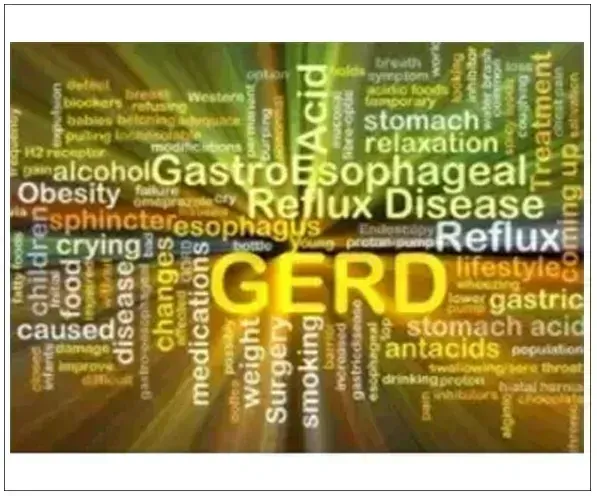
Gastroesophageal reflux disease or GERD occurs when the lower esophageal sphincter (LES) does not close properly, and stomach contents splash back, or reflux, into the esophagus. The LES is a ring of muscle at the bottom of the esophagus that acts like a camera shutter between the esophagus and stomach.

Women are twice as likely to develop gallstones as men because of the effects of estrogen and progesterone. Gallbladder emptying may be slowed by progesterone, a normal hormone secreted during the second half of the menstrual cycle and during pregnancy. Estrogen and progesterone affect the handling of cholesterol in the body. Because of the slowed emptying of the gallbladder as well as an increase of cholesterol in the gallbladder, there is a greater chance for the development of gallstones.